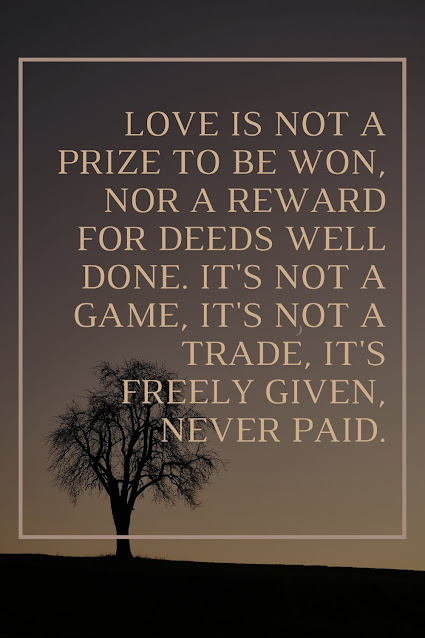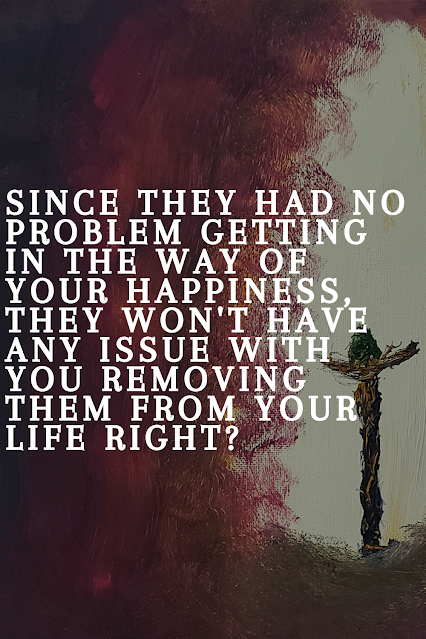7 Paths to Happiness: Your Journey to a Joyful Life
Happiness is a feeling that we all strive for, but often find elusive. We may believe that happiness is something that we can only find through external circumstances such as wealth, success, or material possessions. However, the truth is that happiness is a state of mind that comes from within. By embracing the right habits and attitudes, you can cultivate lasting happiness, no matter what life throws your way.
Here are seven paths to happiness that will guide you on your journey to a joyful life:
Gratitude: The Power of Appreciation
Gratitude is one of the simplest, yet most powerful paths to happiness. By focusing on the things that you are grateful for, you can shift your perspective away from negativity and towards positivity. Start each day by listing three things that you are grateful for, and carry that attitude of appreciation throughout the day.
The journey to gratitude may be difficult at first, especially if you are feeling low or facing challenges. However, with practice, you will find that your outlook becomes increasingly positive, and that you begin to see the good in even the most difficult situations.
Mindfulness: The Art of Presence
Mindfulness is the practice of being fully present in each moment. When we live in the present, we are not dwelling on the past or worrying about the future. Instead, we are fully engaged in the here and now, and are able to fully experience the joys and beauty of life.
The journey to mindfulness begins with setting aside time each day for meditation or quiet reflection. As you continue to practice mindfulness, you will find that your mind becomes increasingly calm and focused, and that you are able to better appreciate each moment.
Kindness: The Beauty of Giving
Kindness is one of the most powerful paths to happiness. By giving to others, we not only bring joy to their lives, but we also reap the rewards of increased happiness and well-being for ourselves.
The journey to kindness begins with small acts of generosity, such as holding the door for someone or offering a compliment. As you continue to practice kindness, you will find that your heart becomes filled with a sense of warmth and contentment, and that you are able to better connect with others.
Exercise: The Magic of Movement
Exercise is not just good for our physical health, but it is also essential for our emotional well-being. When we engage in physical activity, we release endorphins, which are the feel-good chemicals in our brains.
The journey to happiness through exercise begins with setting aside time each day for movement, such as taking a walk, doing yoga, or hitting the gym. As you continue to engage in physical activity, you will find that your mood improves, and that you have more energy and motivation to tackle life's challenges.
Learning: The Adventure of Discovery
Learning is one of the most rewarding paths to happiness. By continuously expanding your knowledge and skills, you can cultivate a sense of purpose and fulfillment, and stay motivated and engaged in life.
The journey to happiness through learning begins with setting aside time each day for reading, taking courses, or pursuing a hobby. As you continue to learn and grow, you will find that your sense of self-esteem and confidence improves, and that you are able to approach life's challenges with a sense of adventure and excitement.
Connection: The Strength of Relationships
Connection is one of the most fundamental paths to happiness. By building strong relationships with others, we cultivate a sense of belonging, love, and support that is essential to our well-being. Whether it's spending quality time with loved ones, volunteering in your community, or simply striking up a conversation with a stranger, the act of connecting with others has been shown to improve our mood and increase our overall happiness.
The journey to happiness through connection begins with reaching out to others and being open to new relationships. It may be challenging at first, especially if you are shy or have had negative experiences with relationships in the past. However, with time and effort, you will find that you are able to form strong bonds with others, and that these relationships bring joy and fulfillment to your life.
Purpose: The Path to Fulfillment
The journey to happiness is one that we all undertake at different points in our lives. By embracing these seven paths - gratitude, mindfulness, kindness, exercise, learning, connection, and purpose - you can cultivate a sense of joy and well-being that will sustain you through even the toughest of times.
Remember, happiness is a journey, not a destination. By taking small steps each day, you can gradually build the habits and attitudes that will bring lasting happiness to your life. So, start your journey today, and let the paths to happiness lead you to a life filled with joy, contentment, and fulfillment.


.jpg)




.png)












.jpg)
